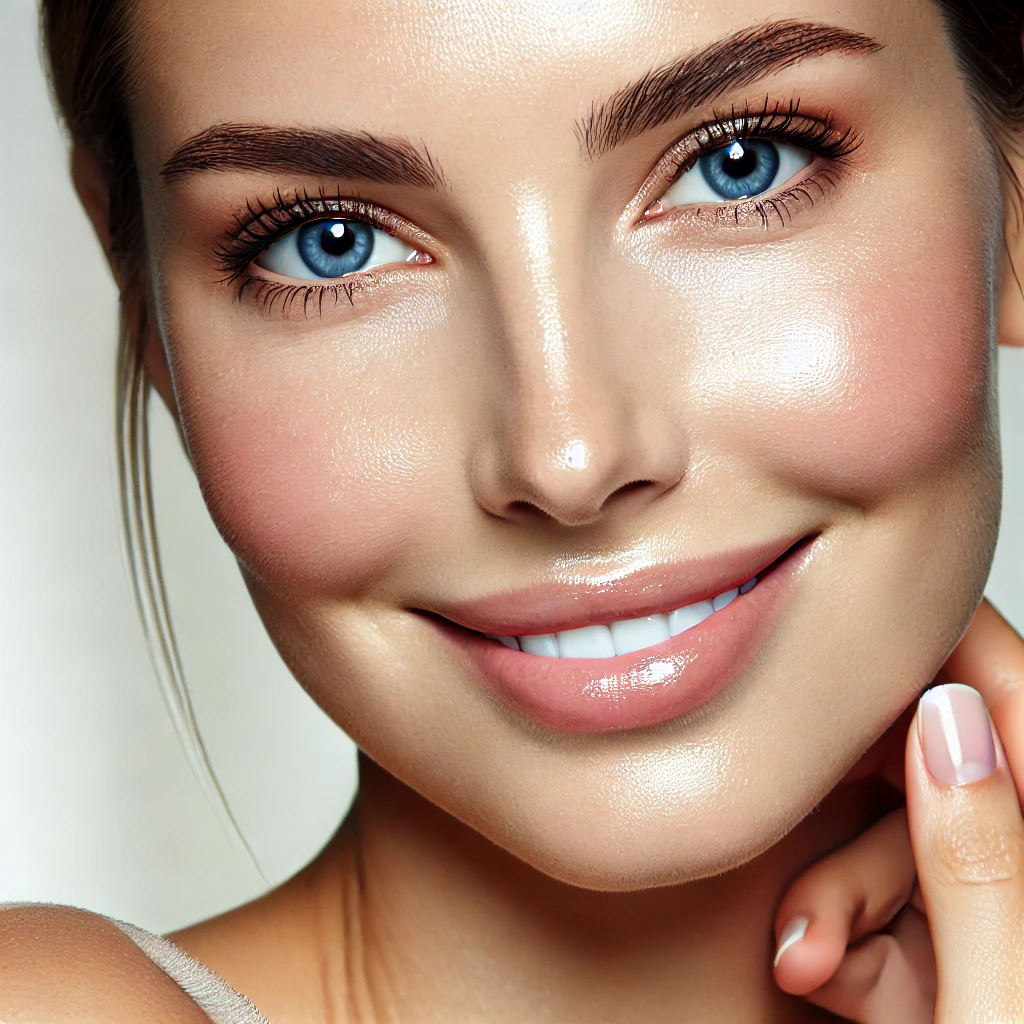
Are You a Candidate for a Chemical Peel?
If you’ve ever dreamed of smoother, clearer, and more radiant skin, a chemical peel might be your answer. But how do you know if it’s the right choice for you? Let’s dive into what makes someone a great candidate for this transformative skincare treatment.
What Is a Chemical Peel?
A chemical peel is a cosmetic treatment that uses a chemical solution to exfoliate the skin. This process removes dead skin cells, revealing the fresh, rejuvenated layer underneath. Depending on your needs, peels come in different strengths—superficial, medium, and deep—to target specific concerns.
Signs You’re a Good Candidate
- Uneven Skin Tone: If you’re battling discoloration, sunspots, or hyperpigmentation, a chemical peel can even out your complexion.
- Fine Lines and Wrinkles: Peels stimulate collagen production, making them great for reducing the appearance of aging signs.
- Acne and Acne Scars: Chemical peels can unclog pores and minimize scarring, giving your skin a smoother texture.
- Dull Skin: If your skin has lost its natural glow, peels can revive it by encouraging cell turnover.
- Mild Scars or Textural Irregularities: For those with shallow scars, a peel can help improve the skin’s surface.
Who Should Avoid a Chemical Peel?
Not everyone is a perfect match for this treatment. Here are some conditions that might make it unsuitable:
- Active Skin Infections: Conditions like cold sores or eczema need to be addressed first.
- Highly Sensitive Skin: A peel might cause excessive irritation if your skin reacts easily.
- Pregnancy or Nursing: Chemical peels are generally not recommended during this time.
- Recent Cosmetic Treatments: If you’ve recently undergone procedures like microdermabrasion or laser therapy, wait before getting a peel.
How to Prepare for Your Chemical Peel
- Consult a Professional: Always consult a licensed dermatologist or esthetician to determine the best peel for your skin type.
- Stop Using Retinoids: Discontinue retinol products at least one week before treatment.
- Protect Your Skin: Avoid direct sun exposure before and after the peel to prevent damage.
Fun Fact
Did you know Cleopatra was one of the first recorded users of chemical peels? She used sour milk, rich in lactic acid, to maintain her glowing complexion!
Final Thoughts
A chemical peel can be your ticket to glowing, youthful skin, but the key is ensuring it’s the right fit for your skin type and concerns. With professional guidance and proper care, you’ll be one step closer to the skin of your dreams.
